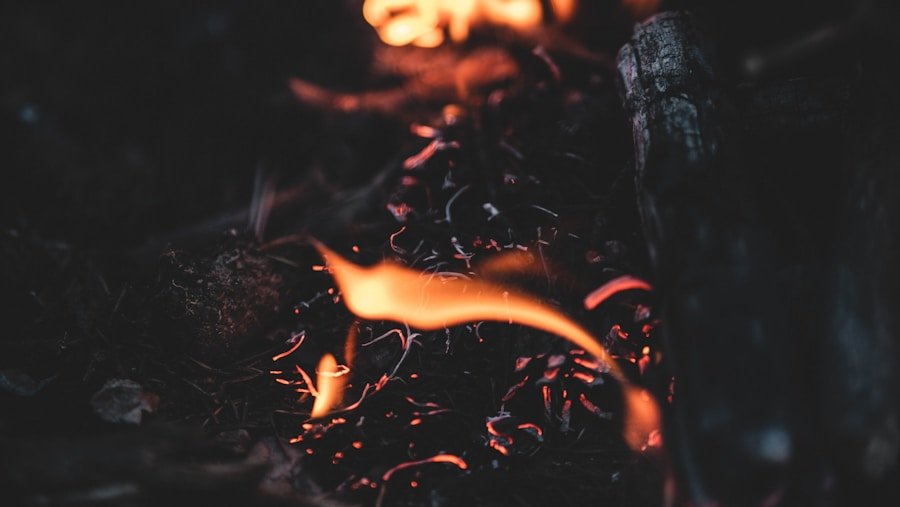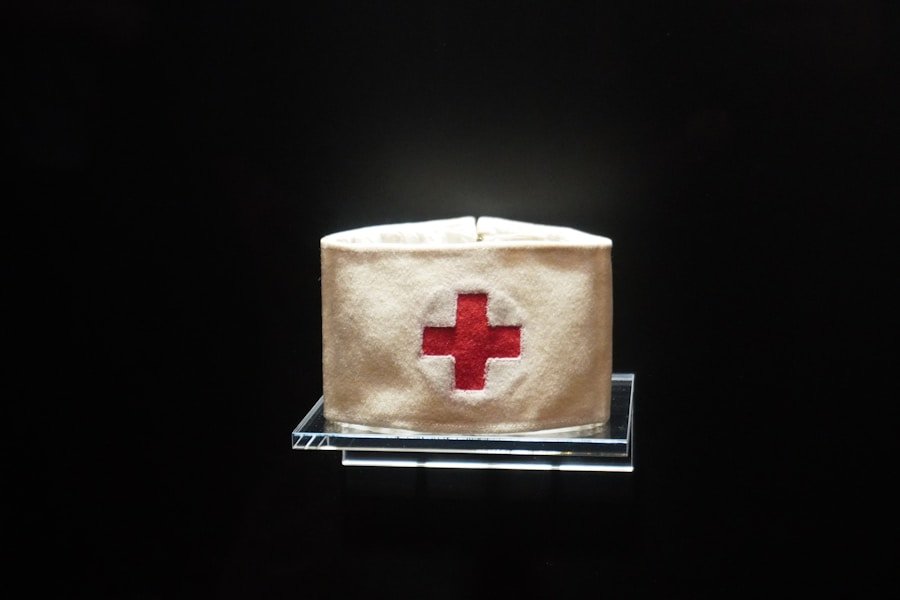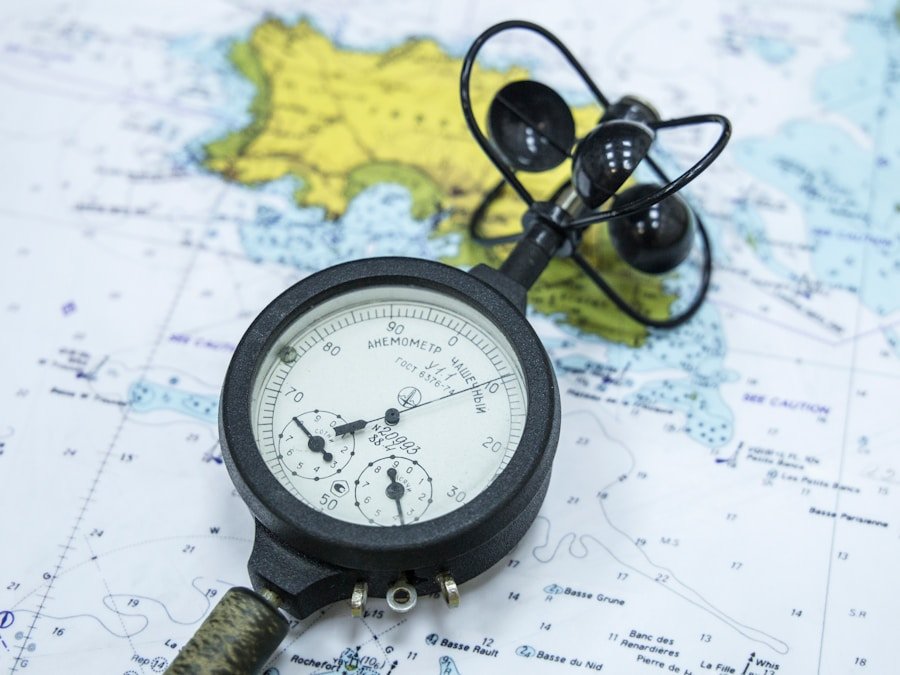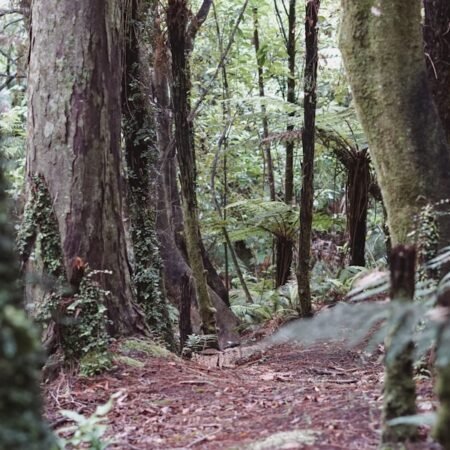When engaging in camping activities, safety should be the primary consideration. Regardless of experience level, it is essential to be aware of the fundamental safety guidelines for camping. Prior to embarking on a camping trip, it is crucial to check the weather forecast to ensure preparedness for any potential weather changes, which can significantly impact overall safety and comfort during the outdoor adventure.
Furthermore, packing the appropriate gear and equipment is vital, including essentials such as a first aid kit, a map and compass, a flashlight, and sufficient water and food. Having the necessary gear can help mitigate risks and prepare for unexpected situations. Another critical safety consideration for camping is to inform someone of your plans, whether camping solo or in a group.
Notifying someone of your itinerary, including your destination and expected return time, ensures that if an emergency arises, someone will be aware of your whereabouts and can initiate a search if necessary. Additionally, it is important to familiarize yourself with the camping area, including the terrain and potential hazards, to avoid dangerous situations. Finally, adhering to Leave No Trace principles is essential to minimize environmental impact, ensure the safety of wildlife, and respect other campers.
Key Takeaways
- Always inform someone of your camping plans and expected return time
- Never leave food unattended to avoid attracting wildlife
- Avoid setting up camp near water sources to prevent flooding
- Always carry a first aid kit and know how to use it
- Never leave a campfire unattended and always fully extinguish it before leaving
Common Mistakes to Avoid When Camping
Setting Up a Safe Campsite
While camping can be a fun and rewarding experience, there are several common mistakes that campers should avoid in order to stay safe in the great outdoors. One of the most common mistakes is not properly setting up your campsite. It’s important to choose a safe and level spot for your tent, away from potential hazards such as falling branches or flooding areas.
Preventing Wildlife Encounters and Emergencies
Additionally, failing to properly secure your food can attract wildlife to your campsite, posing a potential danger to both you and the animals. Another common mistake is not being prepared for emergencies. It’s crucial to have a plan in place for potential emergencies, such as getting lost or encountering wildlife.
Dressing for the Weather and Staying Hydrated
Another common mistake to avoid when camping is not dressing appropriately for the weather. Being unprepared for extreme temperatures or sudden weather changes can put you at risk for hypothermia or heat stroke. It’s important to dress in layers and bring appropriate clothing for all types of weather conditions. Additionally, not staying hydrated is a common mistake that can lead to serious health issues. It’s important to drink plenty of water, especially when engaging in physical activities such as hiking or biking.
Extinguishing Campfires Safely
Finally, not properly extinguishing campfires is a common mistake that can lead to wildfires. Always make sure to fully extinguish your campfire before leaving your campsite or going to bed.
How to Stay Safe in the Great Outdoors
Staying safe in the great outdoors requires careful planning and preparation. One of the most important things to remember when camping is to always be aware of your surroundings. This includes being mindful of potential hazards such as wildlife, steep terrain, and inclement weather.
It’s also important to stay on designated trails and avoid wandering off into unknown areas. Additionally, it’s crucial to be mindful of your own physical limitations and not push yourself beyond your capabilities. Knowing when to take breaks and rest is essential for staying safe during outdoor activities.
Another important aspect of staying safe in the great outdoors is being prepared for emergencies. This includes having a first aid kit on hand and knowing basic first aid techniques. It’s also important to have a plan in place for potential emergencies, such as getting lost or encountering dangerous wildlife.
Additionally, it’s crucial to have a means of communication in case of emergencies, such as a cell phone or two-way radio. Finally, it’s important to practice good hygiene and sanitation practices while camping to prevent illness and injury.
Important Things to Remember When Camping
| Common Mistakes | Consequences |
|---|---|
| Leaving food unattended | Attracts wildlife and can lead to dangerous encounters |
| Not properly extinguishing campfires | Increases risk of wildfires |
| Ignoring weather forecasts | Exposes campers to potential weather-related dangers |
| Leaving trash behind | Harms the environment and wildlife |
When it comes to camping, there are several important things to remember in order to stay safe and have an enjoyable experience. One of the most important things to remember is to always respect the environment and wildlife. This includes following Leave No Trace principles, properly disposing of waste, and avoiding disturbing wildlife.
It’s also important to be mindful of noise levels and respect other campers’ privacy and space. Another important thing to remember when camping is to always be prepared for changes in weather and terrain. This includes packing appropriate clothing and gear for all types of weather conditions, as well as being aware of potential hazards such as flooding or falling branches.
Additionally, it’s important to stay informed about any potential risks in the area where you’ll be camping, such as wildfires or dangerous wildlife. Finally, it’s crucial to always practice fire safety and properly extinguish campfires before leaving your campsite.
The Ultimate Guide to Safe Camping
In order to have a safe and enjoyable camping experience, it’s important to follow the ultimate guide to safe camping. This includes being prepared for any potential emergencies, such as getting lost or encountering dangerous wildlife. It’s also important to have a plan in place for emergencies and have a means of communication in case of emergencies.
Another essential aspect of safe camping is being mindful of your surroundings and respecting the environment and wildlife. This includes following Leave No Trace principles, properly disposing of waste, and avoiding disturbing wildlife. It’s also important to be aware of potential hazards such as steep terrain or inclement weather.
What Not to Do When Camping
Stay on Track
One crucial rule to follow is to avoid wandering off into unknown areas or straying from designated trails. This can lead to getting lost or encountering dangerous wildlife, putting yourself and others at risk.
Respect the Environment
Another important consideration is to properly secure food and dispose of waste correctly. Leaving food unattended or improperly disposing of trash can attract wildlife to your campsite, posing a potential threat to both humans and animals.
Coexist with Wildlife
It’s also vital to respect wildlife and their habitats while camping. Refrain from disturbing or disrupting their natural environments, as this can have negative consequences for both humans and animals.
Top Safety Precautions for Outdoor Adventures
In order to stay safe during outdoor adventures, it’s important to take top safety precautions. This includes being prepared for any potential emergencies and having a plan in place for emergencies such as getting lost or encountering dangerous wildlife. Another top safety precaution for outdoor adventures is being mindful of your surroundings and respecting the environment and wildlife.
This includes following Leave No Trace principles, properly disposing of waste, and avoiding disturbing wildlife. It’s also important to be aware of potential hazards such as steep terrain or inclement weather. In conclusion, camping can be a fun and rewarding experience, but it’s important to prioritize safety at all times.
By following essential safety tips, avoiding common mistakes, staying aware of your surroundings, and being prepared for emergencies, you can ensure a safe and enjoyable camping trip in the great outdoors. Remembering these important things will help you have a successful camping trip while respecting the environment and wildlife around you.
FAQs
What are some common mistakes to avoid when camping?
Some common mistakes to avoid when camping include not properly storing food to prevent attracting wildlife, not properly extinguishing campfires, and not following Leave No Trace principles.
Why is it important to properly store food when camping?
Properly storing food when camping is important to prevent attracting wildlife such as bears, raccoons, and rodents. This helps to protect both the wildlife and the campers.
What are Leave No Trace principles and why are they important?
Leave No Trace principles are a set of guidelines for outdoor ethics, promoting responsible outdoor recreation. They are important for minimizing the impact of outdoor activities on the environment and preserving the natural beauty of the outdoors for future generations.
What should campers do to properly extinguish campfires?
Campers should properly extinguish campfires by allowing the wood to burn completely to ash, pouring water over the ashes, and stirring the ashes with a shovel to ensure all embers are extinguished.
How can campers minimize their impact on the environment while camping?
Campers can minimize their impact on the environment by following Leave No Trace principles, properly disposing of waste, using biodegradable soaps, and staying on designated trails to avoid damaging vegetation.













